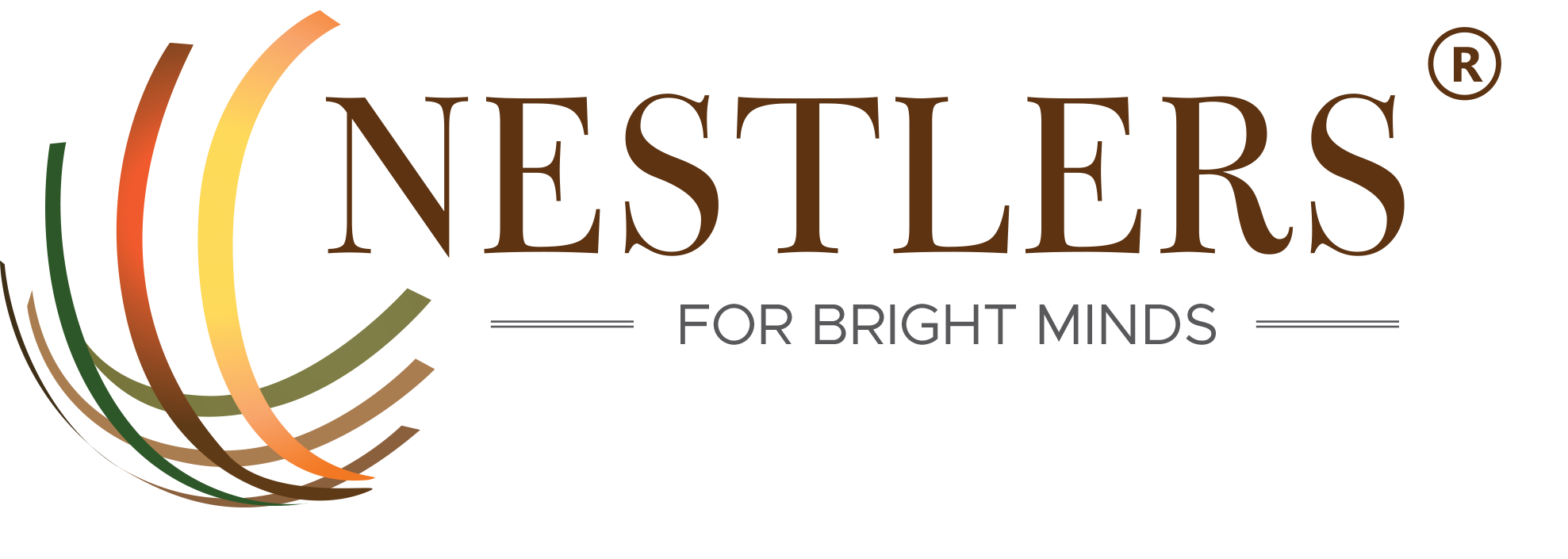In Romania, employers are able to offer additional benefits to their employees, both in the form of non-monetary perks and monetary rewards. These benefits play a role in increasing employee satisfaction and motivation. From a tax perspective, there are several commonly provided tax-free employee benefits. While the specific benefits can vary, examples include meal vouchers, transportation allowances, and private healthcare. These benefits are not subject to income tax for employees, making them an attractive option for employers looking to enhance their compensation packages. Overall, these additional benefits contribute to a positive work environment and happy employees.
Exploring the World of Tax-Free Employee Benefits
Here is a list of possible benefits:
1. Meal Vouchers or Meal Allowances
One of the most frequently encountered perks in Romania’s employment landscape is meal vouchers. These vouchers are typically provided to employees to cover meal expenses during working hours. From a tax perspective, these meal vouchers are subject to a 10% income tax, which is deducted directly from the employee’s salary. However, a recent change in regulations is set to take effect. Starting from August 1, 2023, the maximum value of a meal voucher will increase to 35 lei per worked day. Subsequently, from January 1, 2024, this maximum value will rise to 40 lei per worked day. Employers also have the option to provide meal vouchers below this maximum value.
2. Holiday Vouchers or Vacation Benefits
Employees can receive holiday vouchers or the equivalent value of holiday services, including transportation during their leave. While these vouchers are subject to income tax, they are not included in the base for calculating social security contributions, making them an attractive benefit.
3. Accommodation or Rent Compensation
Some employers provide housing facilities to their employees, and this can come in the form of accommodation or rent compensation. The tax treatment for this benefit is unique. It is considered tax-free up to a limit of 20% of the minimum gross national base salary per month per person. For 2023, this limit stands at 600 lei. However, specific conditions must be met. For instance, the employee and their spouse should not own property in the locality where they work.
4. Employer Contributions to Voluntary Pension Funds
Employers are given the choice to make tax-free contributions to voluntary pension funds for their employees. The amount of this contribution is limited to a maximum of 400 euros per person per year. This allows employees to save for retirement with the help of their employers, while also benefiting from tax advantages.
5. Life, Health, and Liability Insurance
Employers who offer life, health, or liability insurance to their employees can do so within an annual limit. This limit is equivalent to 6,789 lei in 2023, which represents the average gross salary used for state social security budget calculations.
6. Gym Memberships
Physical well-being is a crucial component of employee benefits, and employers can support their staff by offering gym or fitness center memberships. The good news is that this benefit is tax exempt up to a maximum of 400 euros per person each year. By providing this perk, employers encourage a healthy lifestyle and contribute to the overall well-being of their employees.
7. Telemarketing Allowance
Employees who have individual employment contracts that include telemarketing clauses may be eligible for a tax-free allowance. This allowance is specifically designed to cover utility expenses related to their remote work location. By providing financial support for these expenses, employers can help ensure that their employees have the necessary resources to perform their job duties effectively while working remotely.
8. Professional Training Courses
Numerous employers take the initiative to enhance their workforce’s professional skills by providing them with training courses. The noteworthy aspect is that these courses can be tax-exempt as long as they are directly relevant to the employee’s specific field of work. This advantageous perk not only benefits employees by expanding their knowledge and capabilities but also aids employers in creating a more skilled and efficient workforce.
9. Transportation Reimbursements
Employers frequently provide compensation to employees for their commuting expenses, a benefit that is exempt from taxes. This is a common practice aimed at alleviating the financial burden of commuting for employees. By reimbursing these costs, employers are able to offer a tax-free perk that supports their workforce’s daily travel needs.
10. Relocation Expenses
In situations where employees are mandated to move to a different city or country, employers have the option to shoulder the expenses related to relocation. This could include costs for transportation, housing, and other associated expenses. The decision to cover these costs is typically at the discretion of the employer.
11. Airline Tickets
Foreign citizens relocating to Romania are eligible to have their airline tickets reimbursed by employers. This can occur either upon their initial relocation or throughout the year if they need to visit their family back in their home country. This benefit provides support for maintaining important connections while adapting to a new environment.
12. Library Online Subscriptions
With the rise of digital learning and remote work, numerous employers are now offering their employees tax-free online library subscriptions. This valuable benefit allows individuals to access a vast array of digital resources, such as e-books, academic journals, and educational videos, enhancing their professional development and knowledge acquisition conveniently from anywhere.
A Closer Look at Tax Implications
While these benefits offer advantages to both employers and employees, it’s important to understand the intricacies of their tax treatment.
- Meal Vouchers: These vouchers are subject to a 10% income tax.
- Holiday Vouchers: While they are subject to income tax, they do not affect social security contributions.
- Accommodation or Rent Compensation: Tax-free up to 20% of the minimum gross national base salary per month per person, with specific conditions applying.
- Employer Contributions to Voluntary Pension Funds: Contributions are tax-free up to 400 euros annually per employee.
- Insurance Premiums: Tax-free within an annual limit, equivalent to 6,789 lei in 2023.
- Gym Memberships: Exempt from taxes up to 400 euros per person annually.
- Telemarketing Allowance: Tax-free within limits specified in the employment contract or internal regulations, up to 400 lei per month.
- Professional Training Courses: Tax-free if they are related to the employee’s field of work.
- Transportation Reimbursements: Tax-free.
- Relocation Expenses: Tax-free.
- Airline Tickets: Tax-free for foreign citizens relocating to Romania.
- Library Online Subscriptions: Tax-free.
In conclusion, understanding the tax implications of these tax-free benefits is crucial for both employers and employees. By offering these attractive perks, employers not only create a more enticing compensation package but also foster a motivated and satisfied workforce. In an era where the job market is fiercely competitive, these benefits can make a significant difference in attracting and retaining top talent.
Connect with Nestlers consultants
Do you need immigration and relocation services or consultancy?
It’s easy! Use the below contact form and one of our experts will provide you an answer as soon as possible.
Our consultants can help you in obtaining legal documents and can provide you with assistance regarding the immigration processes, relocation, taxes and payroll, Social Security (European forms A1, S1, U1, etc.) for your employees.





